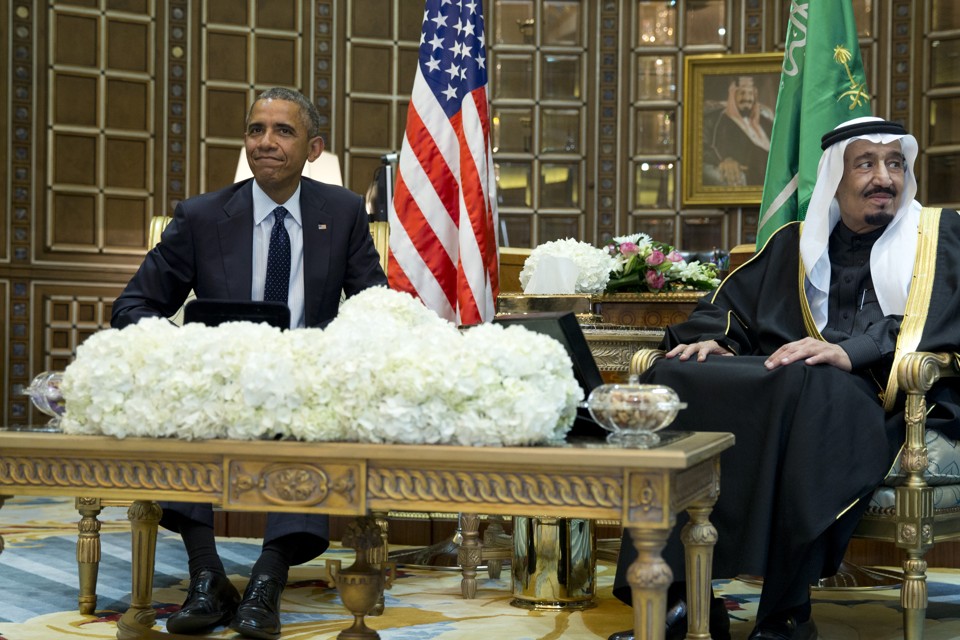 Saudi Arabia Warns of Economic Retailiation if Congress Passes 9/11 Bill
Saudi Arabia Warns of Economic Retailiation if Congress Passes 9/11 Bill
By MARK MAZZETTIA NY Times (excerpted)
Saudi Arabia has told the Obama administration and members of Congress that it will sell off hundreds of billions of dollars’ worth of American assets held by the kingdom if Congress passes a bill that would allow the Saudi government to be held responsible in American courts for any role in the Sept. 11, 2001, attacks.
The bill is an anomaly in a Congress fractured by bitter partisanship, especially during an election year. It is sponsored by  Senator John Cornyn, Republican of Texas, and Senator Chuck Schumer, Democrat of New York. It has the support of an unlikely coalition of liberal and conservative senators, including Al Franken, Democrat of Minnesota, and Ted Cruz, Republican of Texas. It passed through the Judiciary Committee in January without dissent.
Senator John Cornyn, Republican of Texas, and Senator Chuck Schumer, Democrat of New York. It has the support of an unlikely coalition of liberal and conservative senators, including Al Franken, Democrat of Minnesota, and Ted Cruz, Republican of Texas. It passed through the Judiciary Committee in January without dissent.
Adel al-Jubeir, the Saudi foreign minister, delivered the kingdom’s message personally last month during a trip to Washington, telling lawmakers that Saudi Arabia would be forced to sell up to $750 billion in treasury securities and other assets in the United States before they could be in danger of being frozen by American courts.
Some lawmakers and families of Sept. 11 victims are infuriated. In their view, the Obama administration has consistently sided with the kingdom and has thwarted their efforts to learn what they believe to be the truth about the role some Saudi officials played in the terrorist plot.
“It’s stunning to think that our government would back the Saudis over its own citizens,” said Mindy Kleinberg, whose husband died in the World Trade Center on Sept. 11 and who is part of a group of victims’ family members pushing for the legislation.
The Senate bill is intended to make clear that the immunity given to foreign nations under the law should not apply in cases where nations are found culpable for terrorist attacks that kill Americans on United States soil. If the bill were to pass both houses of Congress and be signed by the president, it could clear a path for the role of the Saudi government to be examined in the Sept. 11 lawsuits.
Obama administration officials counter that weakening the sovereign immunity provisions would put the American government, along with its citizens and corporations, in legal risk abroad because other nations might retaliate with their own legislation. Secretary of State John Kerry told a Senate panel in February that the bill, in its current form, would “expose the United States of America to lawsuits and take away our sovereign immunity and create a terrible precedent.”
Edwin M. Truman, a fellow at the Peterson Institute for International Economics, said he thought the Saudis were most likely making an “empty threat.” Selling hundreds of billions of dollars in American assets would not only be technically difficult to pull off, he said, but would also very likely cause global market turmoil for which the Saudis would be blamed.
Moreover, he said, it could destabilize the American dollar — the currency to which the Saudi riyal is pegged.
“The only way they could punish us is by punishing themselves,” Mr. Truman said.